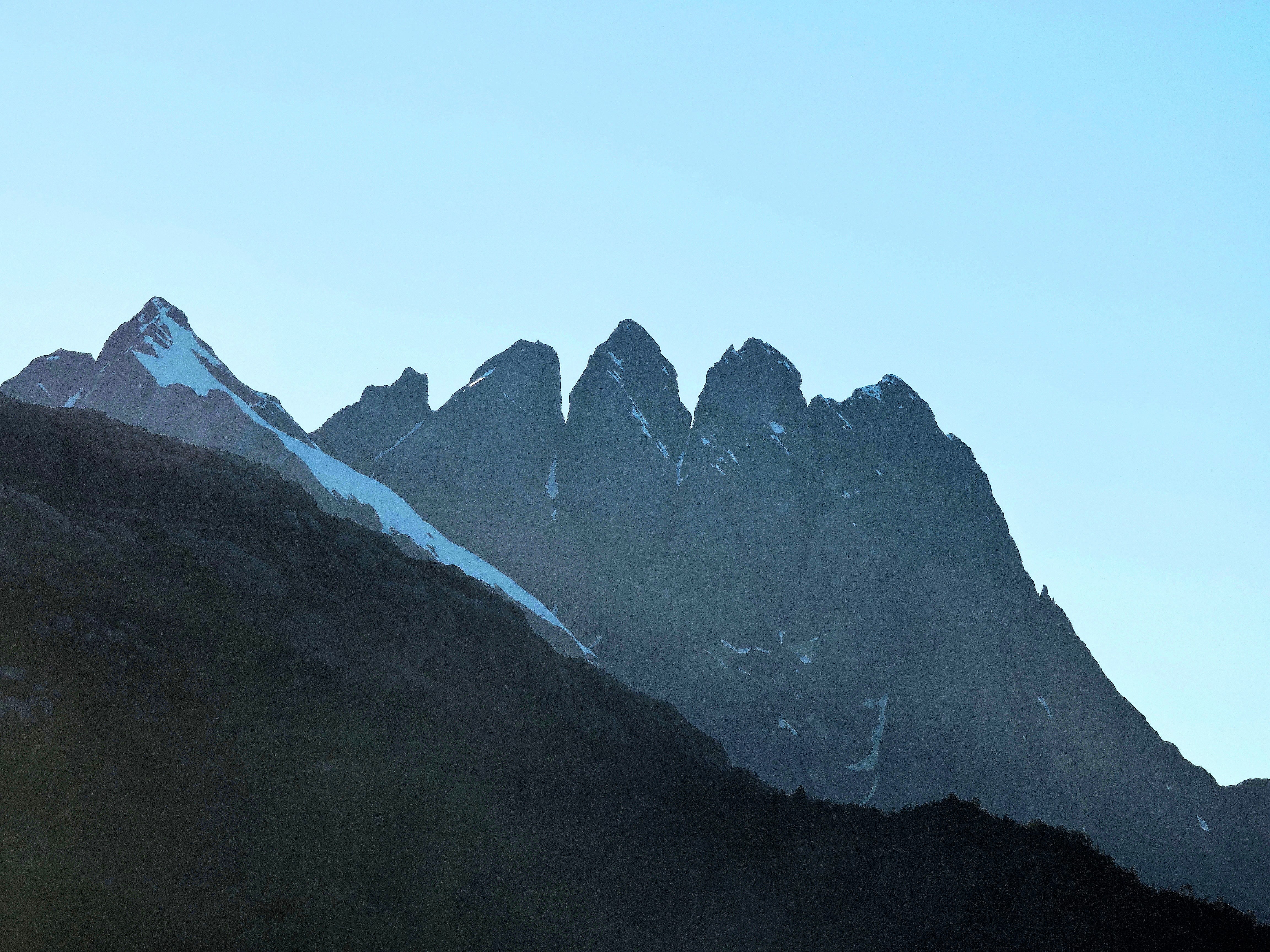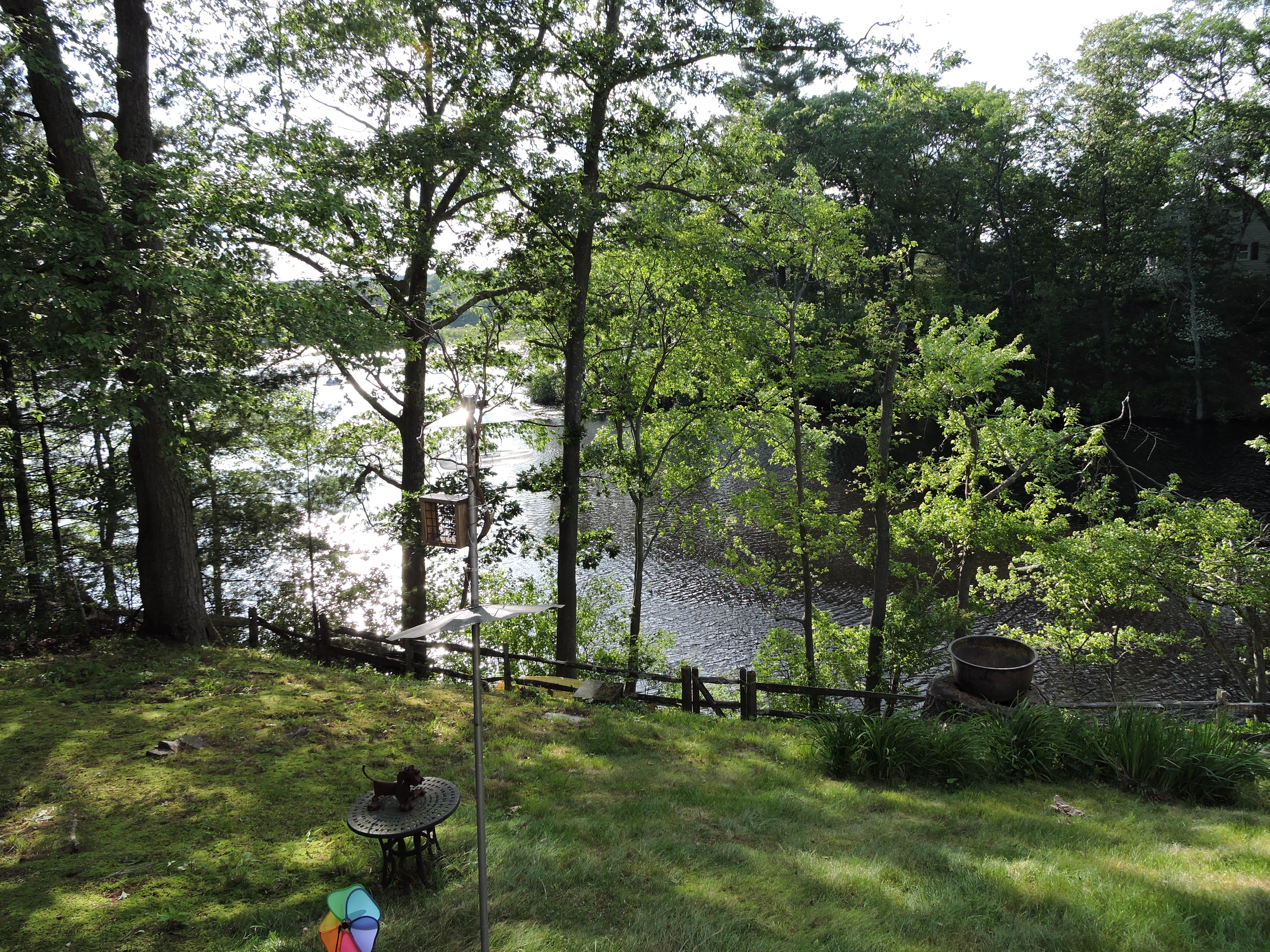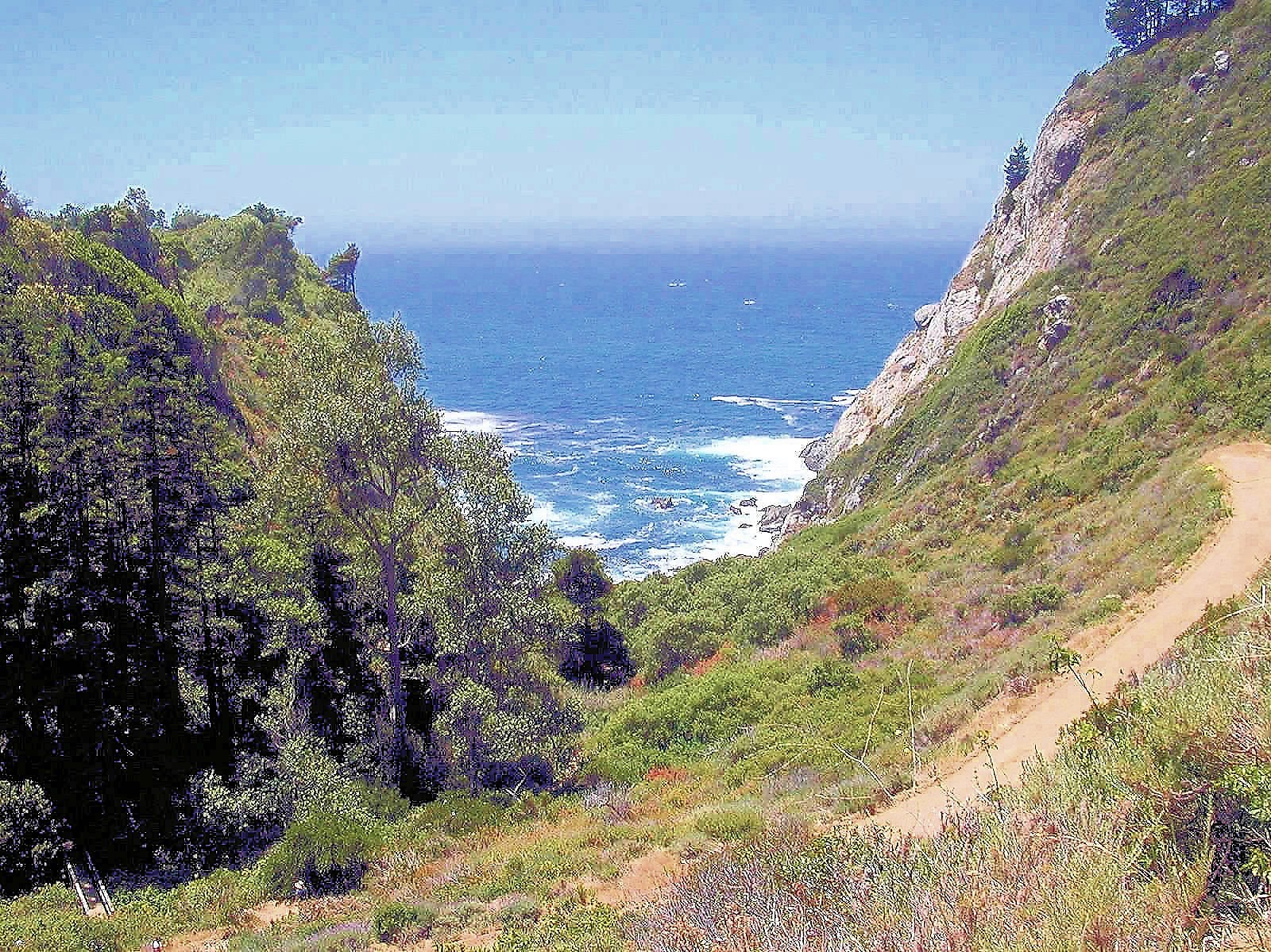The Peak, Plateau, and Foothill experiences are extremely beautiful and valuable moments in a person’s life .” ‘real experiencing’ is so often enjoyable and even rapturous, if it is holistic enough, i.e., cosmic and mystical enough. It is often ‘enjoyable’ even when it is also painful and sad.” (pg. 83) SCI While they are spontaneous in nature, and occur with the greatest frequency among the healthiest people, Maslow does give us some hints on ways to increase our chances in experiencing one and the states with strong conviction that these experiences are
The subject of Peak Experience was one of Maslow’s most important and controversial concepts. He developed this concept at a time when academic psychology was working very hard to prove its scientific credibility and escape from its past philosophic/religious influences. Despite his many attempts to describe and quantify Peak Experience in a way that was acceptable to the larger psychology community, it along with self-actualization never achieved the acceptance or popularity that his work on Hierarchy of Needs had achieved. Maslow described the resistance to recognizing or permitting the peak experience phenomenon to unfold as follows:
“All people have peak experiences, but some deny them, repress them, or suppress them. We feel this can happen out of fear—fear of being overwhelmed by emotion, of losing control, of being insane, or weak, of being feminine or being childish, of being irrational. Or this can shade over into strong disapproval of mysticism, of irrationality, of tender-mindedness, of soft-headedness, of optimism, of not being ‘scientific’, or, since it looks as if the non-peakers are pessimists, that denying rapture or bliss must be part of the general complex strategy of maintaining the pessimistic weltanschauung intact


